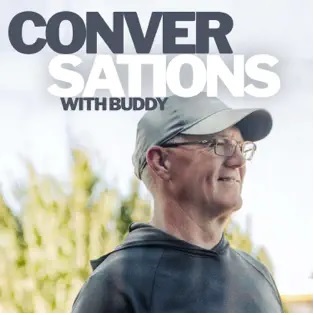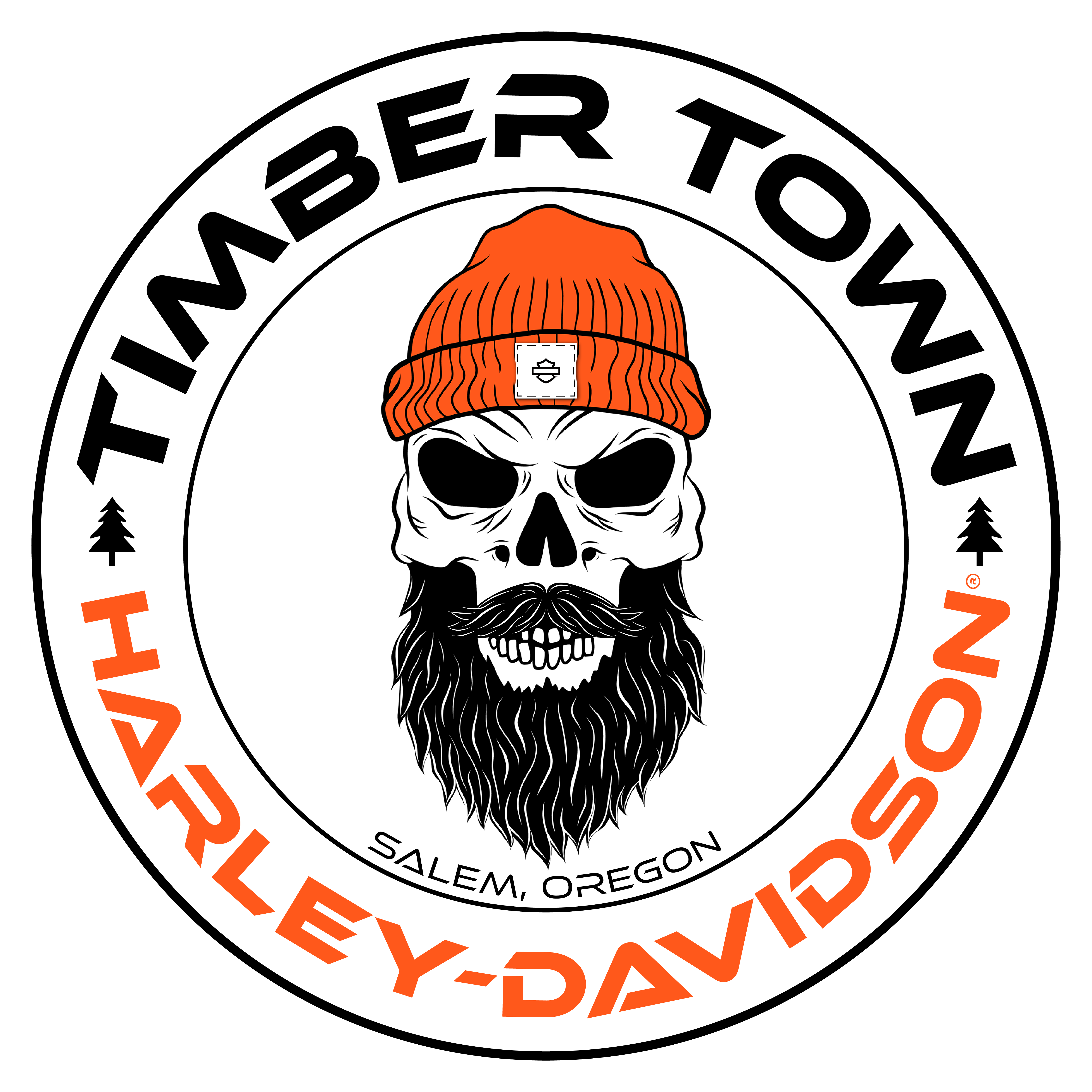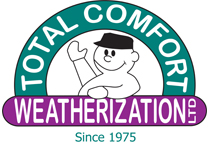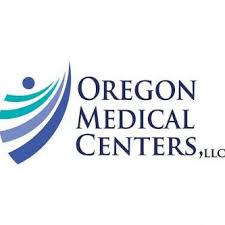Salem, Ore. — Salem City Council declared a housing emergency on Tuesday, January 21, 2020, as a means to increase temporary shelter options for those experiencing homelessness in Salem.
Declaration of an emergency allows the Council to temporarily suspend certain land use provisions to:
- Increase capacity of the United Way’s Safe Sleep Shelter for women
- Allow car camping on private property with the owner’s permission
At the same meeting, the City Council also directed staff to report on what zoning changes may be required to make buildings available as a low- or no- barrier shelter or navigation center. Council also asked staff to explore the possibility of removing one or more elements of the camping restriction.
United Way Safe Sleep Shelter
The Safe Sleep Shelter is a low-barrier shelter for women, located at 1910 Front Street. It is currently approved for up to 10 women and has capacity for up to 19. United Way is working through the land use process to obtain conditional use approval for the full 19 shelter beds. An emergency declaration means the provision will take effect immediately.
Car Camping
Councilors also directed staff to present information on a provision to allow car camping on private property with property owner permission on a trial basis. If deemed successful, the provision could be considered for longer term.
Car camping would also require an emergency provision to waive certain land use requirements.
Salem’s Camping Restriction
Since Salem’s camping restrictions on public property went into effect in mid-December, some people without shelter have remained on downtown streets. Per Salem City Code (SRC 95), people are allowed to sit or lie on city streets, but not to erect shelters like tents.
In response to public concerns regarding conditions experienced by our unsheltered neighbors, the Council intended to expand warming center capacity in the city to nightly use from January until March, regardless of temperature. ARCHES operates the warming shelter network. On December 9, 2019, the Council authorized up to $213,000 to support the plan. However, the shelters determined that they do not have the capacity to operate when temperatures are above 32 degrees. Efforts have continued to find a suitable space for temporary shelter.
Salem residents and visitors have reported difficulty passing on public rights of way, sometimes threatening behavior, and unsanitary conditions that include solid waste and garbage accumulation in public areas as a result of the unsheltered groups. Downtown businesses have stated that the conditions around their properties adversely affect their customers. The City has intervened with periodic cleanings when public health and safety conditions have deteriorated.
The City has repeatedly called for a community-wide response in addressing the diverse challenges of homelessness and helping our unsheltered neighbors.
“Helping our unsheltered neighbors continues to require a community-wide response,” said Steve Powers, Salem city manager. “Reducing homelessness in our community is a priority of the City.
Our primary concern is health and safety of all in our community including our unsheltered neighbors who often deal with untreated mental illness, addiction, and chronic health conditions worsened by long periods of homelessness. The City is committed to working in partnership with the community to provide housing and shelter.”
AFFORDABLE HOUSING AND EMERGENCY SHELTER RESOURCES IN OUR COMMUNITY
Salem organizations currently offer 330 shelter beds nightly. Another 256 beds are available during nights when temperatures drop to 32 degrees or below through the volunteer network of churches known as the Salem Warming Network. Since the implementation of the City’s new camping law, no one seeking space in a warming shelter has been turned away.
The City has for some time been working on efforts to reduce hardships that lead to the homelessness of our residents and increase access to affordable housing for those at risk of becoming homeless. With our non-profit partners, the City connects people to services and shelter, including:
- City Council awards roughly $400,000 each year in grants and $1.4 million in federal funding to local non-profits that provide emergency or essential services to the most vulnerable populations with the highest need.
- Salem’s Housing Rental Assistance Program (HRAP) has housed 200 of the hardest-to-house individuals by providing housing first, intensive case management, and other resources.
- More emergency shelter beds are coming to Salem, including another 150 emergency shelter beds when Union Gospel Mission’s new building is complete.
- The City and Salem Housing Authority are opening new affordable housing units.
- Through grants and tax incentives with support of the local development community and non-profits, opening other affordable housing throughout our community.
WHAT YOU CAN DO
No matter the size, your contributions will go the furthest towards making a difference when donated through established organizations instead of directly to our unsheltered neighbors on the street. You can play an integral role in improving the lives of individuals, while helping your community. The more unsheltered individuals are encouraged to make contact with service providers, the more likely they are to eventually accept other kinds of services, shelter, and housing.
- Volunteer your time with the Salem Warming Center Network, ARCHES, Union Gospel Mission and other service providers in our community.
- Many organizations directly help people experiencing homelessness and work to increase affordable housing. One thing you can do is find an organization that you want to support and ask them what they need.
- Salem’s homeless service providers know how to help our homeless neighbors. It’s what they do best. The more you support them, the more they can help people get into stable housing.
- Get to know the people living on the streets in your area and treat them like any neighbor. Avoid perpetuating stereotypes, stigma and myths. People experiencing homelessness are not defined by their housing status. It’s often temporary, and it’s possible they’ve sought housing and/or shelter and there was none available.
Online:
- City of Salem: https://www.cityofsalem.net/Pages/meeting-housing-needs.aspx
- The ARCHES Project: http://mwvcaa.org/programs/crp/
- Salem Warming Network: https://salemwarming.weebly.com












